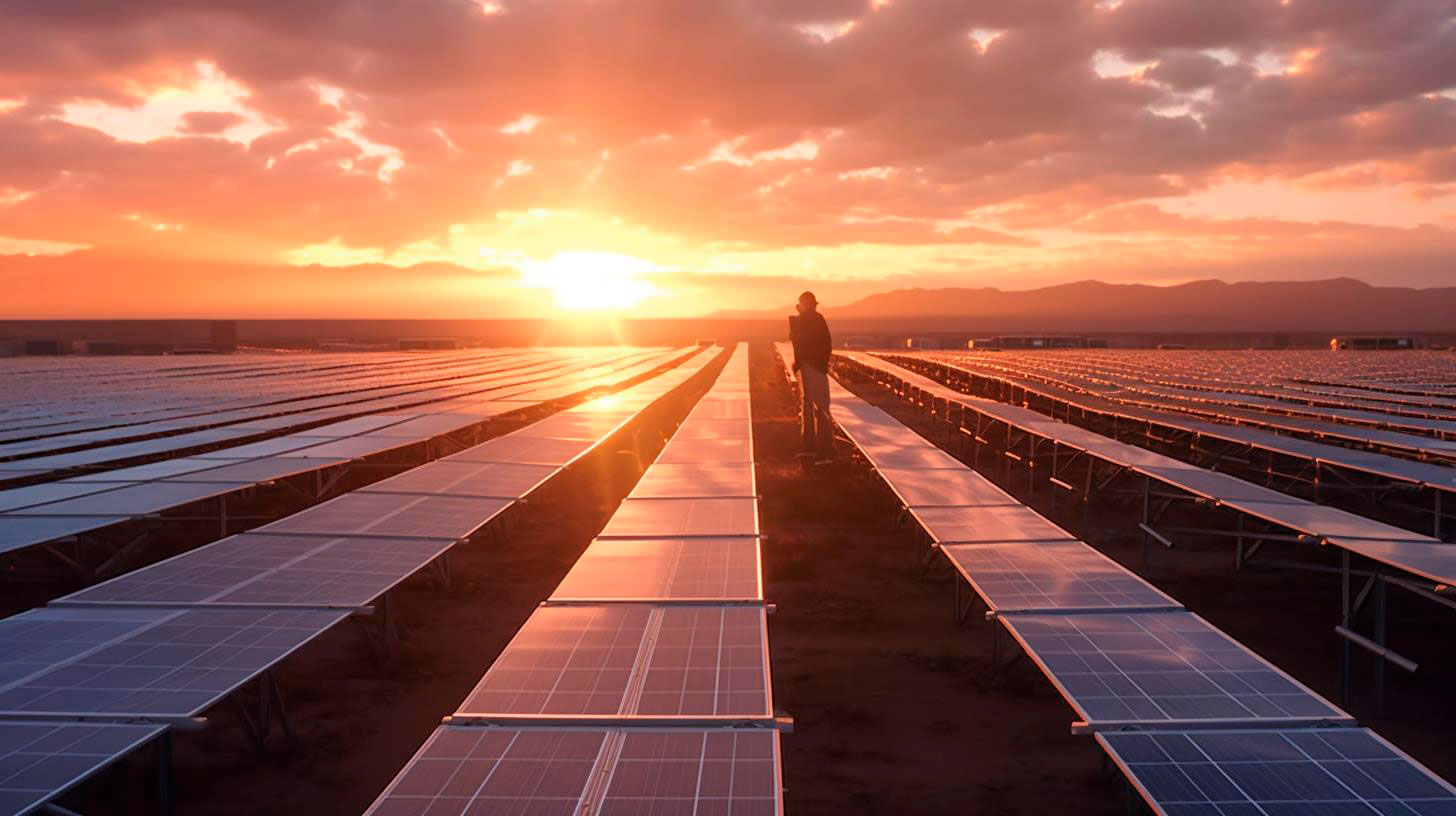Hydropower Education and Awareness: Cultivating a Sustainable Energy Mindset
The Power of Hydropower
Hydropower, derived from the force of flowing or falling water, has been harnessed by humanity for thousands of years. Its contributions to the energy sector are significant:
- Renewable and Clean: Hydropower is a renewable energy source, meaning it provides a constant supply of clean electricity without depleting natural resources.
- Low Greenhouse Gas Emissions: Unlike traditional fossil fuel power plants, hydropower plants emit minimal greenhouse gases, reducing the carbon footprint.
- Reliable and Flexible: Hydropower can generate electricity consistently, offering stability to power grids. Additionally, it allows for quick adjustments in response to demand fluctuations, making it highly flexible.
- Multi-Purpose: Hydropower not only generates electricity but can also support irrigation, flood control, and provide recreational opportunities such as water-based activities.
- Long Lifespan: Hydropower plants can have a long lifespan, lasting up to 50-100 years, making them a sustainable investment in the long run.
With these advantages in mind, it becomes evident why hydropower should be an integral part of our sustainable energy mix.
The Importance of Hydropower Education and Awareness
Despite its numerous benefits, hydropower still faces several misconceptions and lack of awareness. Educating and raising awareness about this renewable energy source can help overcome these challenges and promote its utilization. Here’s why hydropower education is vital:
- Fostering Climate Change Mitigation: By imparting knowledge about the environmental benefits of hydropower, we encourage its adoption, reducing reliance on fossil fuels.
- Supporting Global Energy Transition: Hydropower can help countries transition to cleaner energy sources, aligning with international targets and commitments for reducing greenhouse gas emissions.
- Enhancing Energy Security: Diversifying the energy mix with hydropower decreases dependency on imported fossil fuels, ensuring a more resilient energy system.
- Creating Job Opportunities: Expanding the hydropower sector can lead to job creation, boosting local economies and supporting sustainable development.
By raising awareness and educating individuals about hydropower, we empower them to make informed decisions that contribute positively towards our sustainable energy future.
Cultivating a Sustainable Energy Mindset
To cultivate a sustainable energy mindset, it is essential to make hydropower education accessible, interesting, and engaging. Here are some ways to achieve this:
- Implement Hydropower Education in Schools: Introducing hydropower topics into the curriculum instills knowledge and helps shape young minds to make sustainable choices.
- Public Awareness Campaigns: Conducting awareness campaigns utilizing various media channels such as television, radio, and social media platforms to disseminate information to a wider audience.
- Community Engagement: Hosting seminars, workshops, and events focused on hydropower where experts can share their knowledge and answer questions, fostering an environment for dialogue.
- Partnerships and Collaboration: Collaborate with educational institutions, NGOs, and government organizations to spread awareness and jointly work towards a sustainable energy future.
- Showcasing Success Stories: Highlighting successful hydropower projects and their impact on local communities can inspire others to embrace this renewable energy source.
By utilizing these strategies, we can ensure that hydropower education becomes an essential component of sustainable energy literacy.
Conclusion
When it comes to cultivating a sustainable energy mindset, hydropower education and awareness play a vital role. By understanding the benefits and potential of this renewable energy source, individuals can make informed choices that contribute to a greener and cleaner future. Let us strive together to raise awareness, promote hydropower, and build a sustainable energy mindset that safeguards our planet for future generations.
For more information on hydropower, you can visit U.S. Department of Energy or United Nations Sustainable Development Goals websites.
